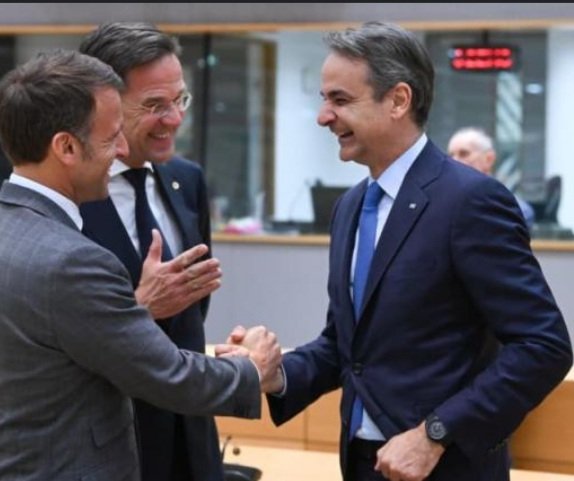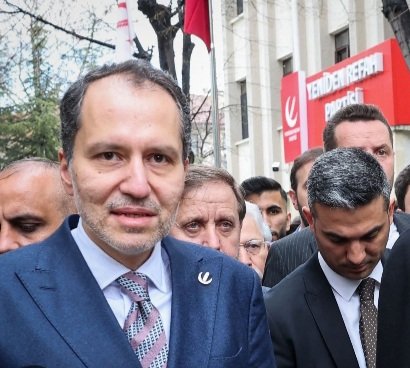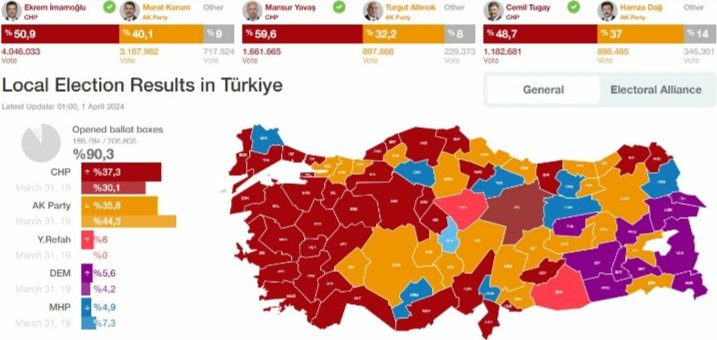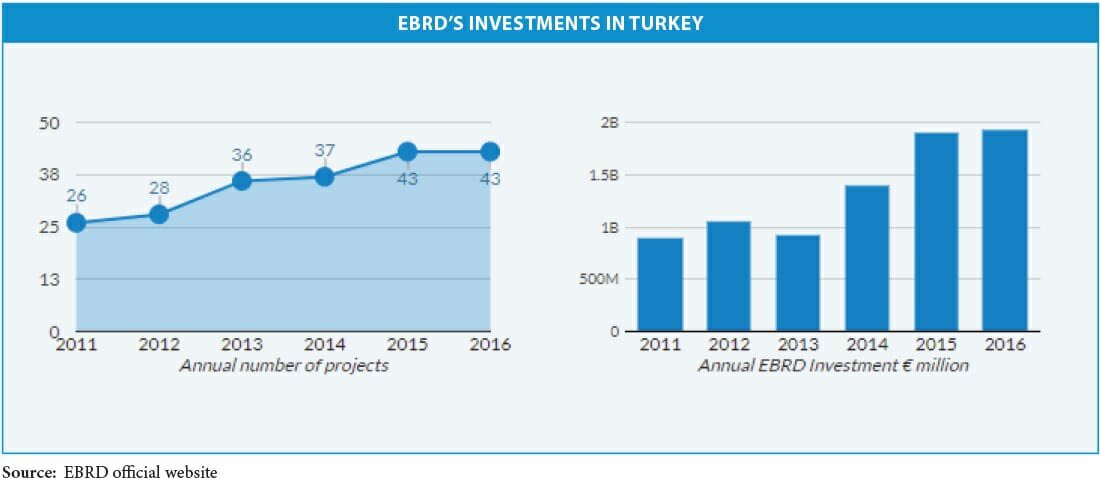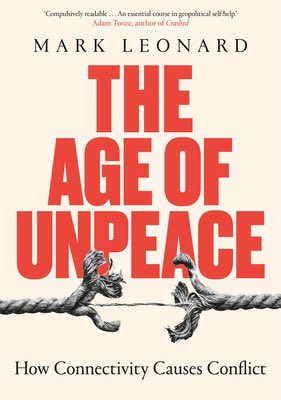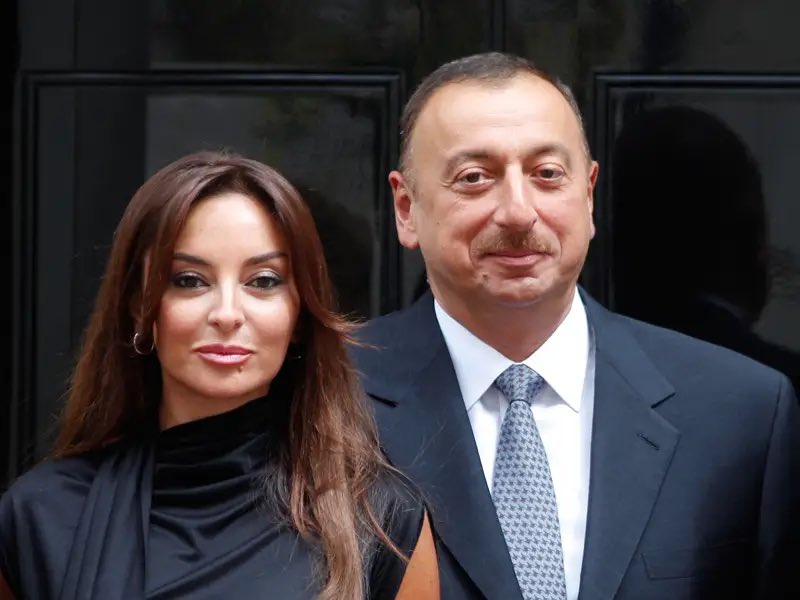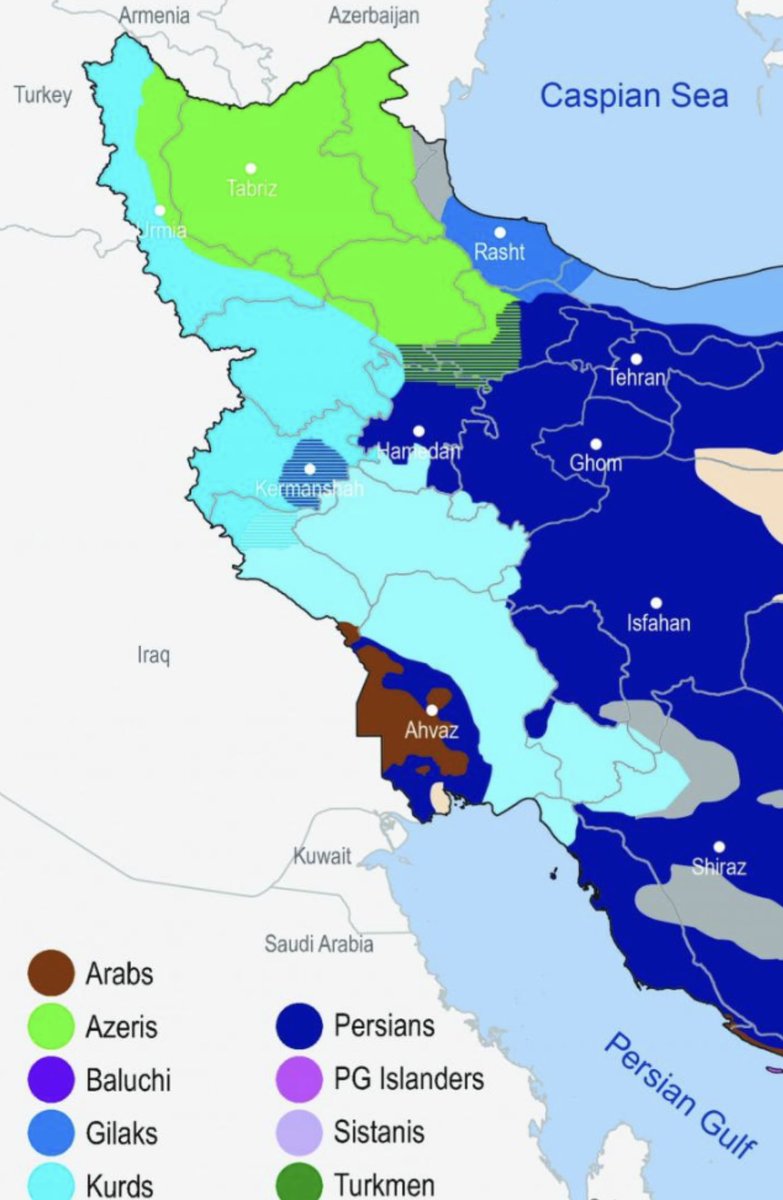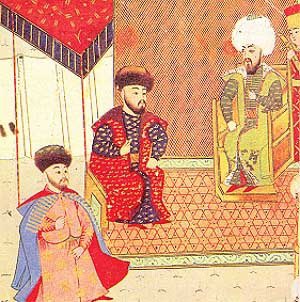On Monday (18/04/2022) #Turkey 🇹🇷 launched #OperationClawLock in North Iraq 🇮🇶 (KRG/KRI) against #PKK facilities.
What’s the context behind this military activity?
▶️ Terror, energy & geopolitics ◀️
Below👇⬇️
[10-point thread🧵] . . .



What’s the context behind this military activity?
▶️ Terror, energy & geopolitics ◀️
Below👇⬇️
[10-point thread🧵] . . .




1️⃣ KRG @masrour_barzani met @RTErdogan this weekend to discuss 🇹🇷’s military operation and gas exportation (🇮🇶>🇹🇷&🇪🇺)
Yesterday Barzani visited London. He seeks purchasing guarantees, investment & reassurances against Iran 🇮🇷/PKK, as both are against the exportation of Iraq gas.

Yesterday Barzani visited London. He seeks purchasing guarantees, investment & reassurances against Iran 🇮🇷/PKK, as both are against the exportation of Iraq gas.


2️⃣ The 🇹🇷 operation aims to eliminate PKK strongholds, incl. training camps and ammunition/storage facilities in Zap, Avasin, Metina & Basyan. KRG Peshmerga support it and 🇹🇷 uses drones, land-to-air and limited ground troops. For the moment, it’s not engaging Sinjar nor Kandil. 



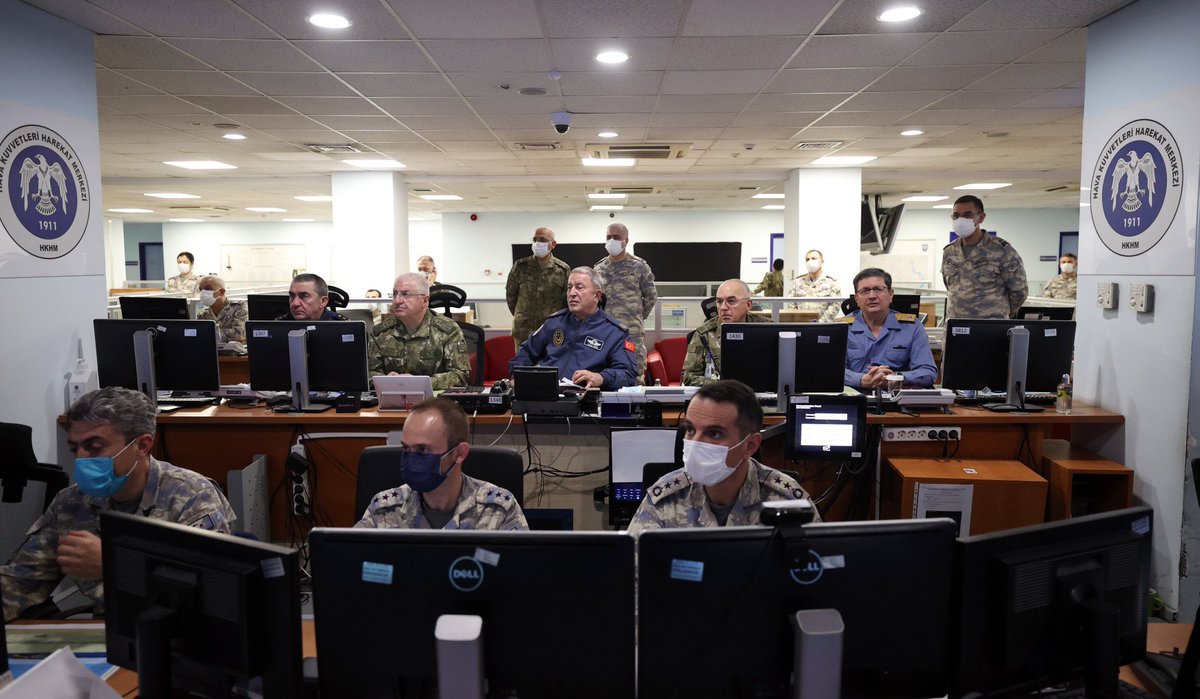
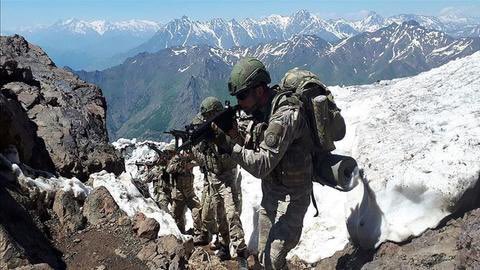
3️⃣ PKK strongholds inside Iraq create a problem for Turkey 🇹🇷 because of mines, summer-soldier-recruitment and various attacks into Turkey planned and executed from inside North Iraq. It also creates a problem for existing and future energy agreements between Turkey and . . . 



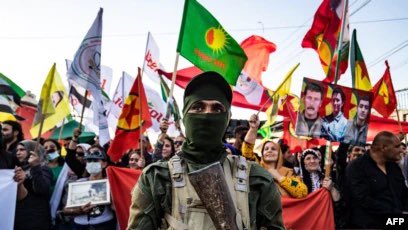
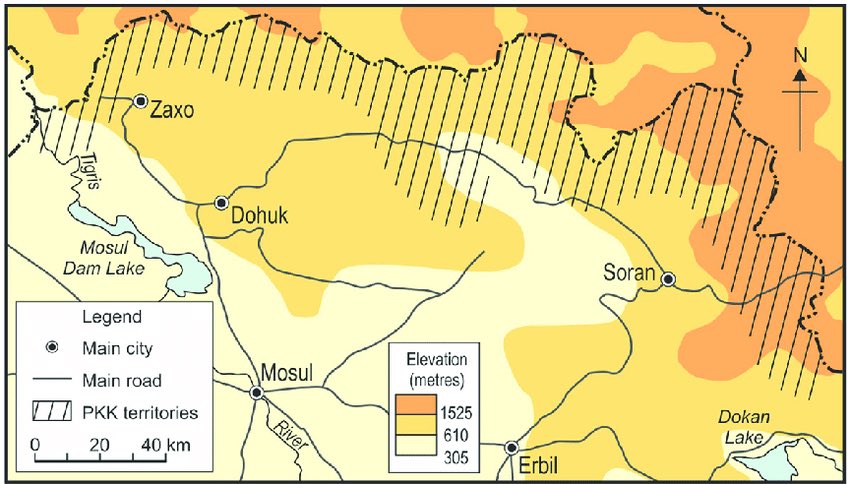
. . . the Kurdish (anti-PKK) government of Iraq (KRG) which is governed by the Barzani family through the KDP party. KDP is Kurdish but conservative and has a long traditional of dealing with Ankara, while 🇹🇷 companies built key infrastructure (e.g. airport) in North Iraq . . . 





Now, KRG wants to build another pipeline to 🇹🇷 in order to transport gas. An existing pipeline already exists for oil (Kirkuk-Ceyhan), but the PKK, Iran and Iraq’s Central government (Baghdad) are both against the existing oil pipeline and any future gas pipelines to Turkey. 
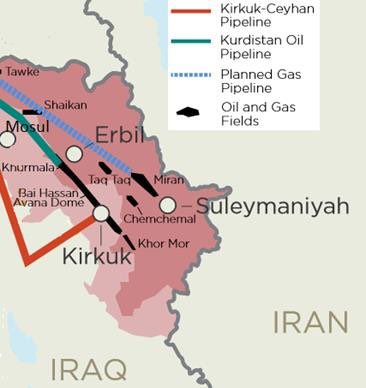
4️⃣ But is Iraq gas a viable option? Let’s look at reserves first: as of 2020 @IEA estimates that Iraq 🇮🇶 possessed 132 trillion cubic feet (Tcf) of natural gas, the worlds 12th largest reserves. The 2016 @OxfordEnergy paper indicates that KRI possesses 21 Tcf . . . 





. . . Gas exportation can be considered a viable option seeing KRG’s little domestic consumption (low populations est. 5-6 million KRI-inhabitants) and high gas prices and existing pipeline infrastructure in Turkey (BOTAS) from the border to Ceyhan and further . . . 



5️⃣ Between 2016-2021 gas reserve estimations grew modestly in KRI, according to operating investors (Dana/Pearl). However, questions about geological viability, foreign investment, litigation, pricing & political/terror risk remain a big problem for North Iraqi gas exports . . .
6️⃣ The challenges:
❗️Investment & geo-engineering: KRI’s reserves (21 Tcf) are equal to only 16% of all Iraqi gas. 4-5 billion € is needed (min. estimation) in several fields for substantial output. Iraq’s high hydrogen sulfide gas necessitates expensive extraction processing.


❗️Investment & geo-engineering: KRI’s reserves (21 Tcf) are equal to only 16% of all Iraqi gas. 4-5 billion € is needed (min. estimation) in several fields for substantial output. Iraq’s high hydrogen sulfide gas necessitates expensive extraction processing.



❗️Litigation & budgets: KRI is in a constant legal battle with Central Government of Baghdad over usage of fossil fuels. Multiple court cases are on-going with major blocks occurring in Iraq’s central government over annual budgets and North Iraq’s pumping of oil to Turkey . . . 



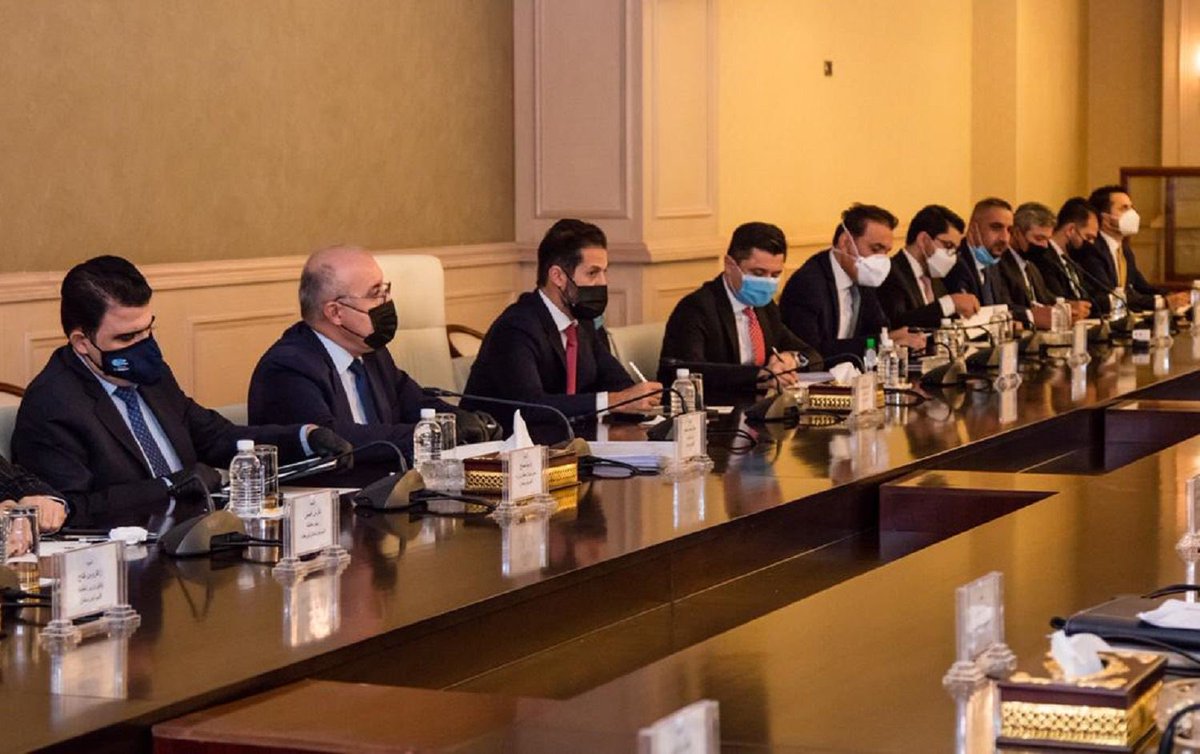

. . . It’s a legal headache and major source of uncertainty for existing/potential energy investors, while also posing a danger for national Iraqi unity and stability and among its complex web of multi-confessional, ethnic & military groups with ties to different countries . . .
❗️Iran 🇮🇷: the natural gas reserves of Tehran (est. at 1.183Tcf) dwarves KRI/KRG reserves. Iran sees the support & investment of 🇺🇸 and 🇮🇱 private and government in North Iraq as fostering opposing agendas between Tehran and KRG/KRI gas developments . . . 



. . . Tehran sees Iraq as a minor strategic competitor to its own natural resource exportation to 🇹🇷🇪🇺. This is especially relevant since the Iran Deal (JCPOA) is on thin ice and 🇺🇸 maximises pressure on Tehran to change its aggressive regional policies ☢️ & anti-🇮🇱 view . . . 




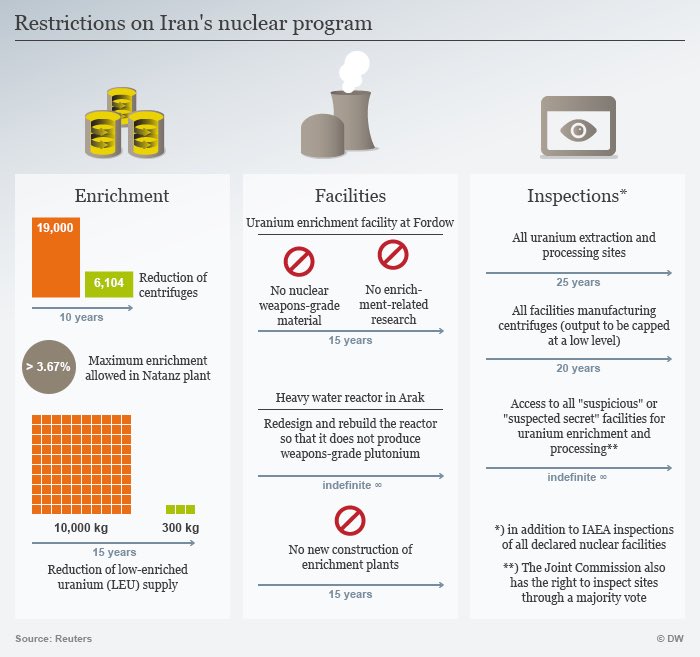
Geopolitically, Iran fears a Saudi-Turkish-Israeli axis with 🇺🇸 support. Looking at North Iraq, Tehran sees gas cooperation as a first step in that direction. Also, Turkey’s gas contracts with Tehran are up for re-negotiation in 2026 (🇹🇷 imports +~10% of its gas from Iran). 



7️⃣ Iran also has good links to Shia-dominated Central government in Baghdad, as well as religious & military groups in Iraq (PMU). It also has a long relationship with the PKK with a real on-the-ground capacity to inflict serious damage on Iraqi infrastructure, incl. pipelines. 







📰The risk of terror attacks is significant, and attacks have been continuously reported in the past years: aa.com.tr/en/middle-east… (2021) . . . 

📰. . . and spglobal.com/commodityinsig… (2020) and bloomberg.com/news/articles/… (2022).
8️⃣ These terrorist attacks on oil and gas wells, installations and pipelines have raised alarm bells about investor safety, risk and the influence of armed proxi militias inside of Iraq, the PKK and Iran’s indirect role . . . 




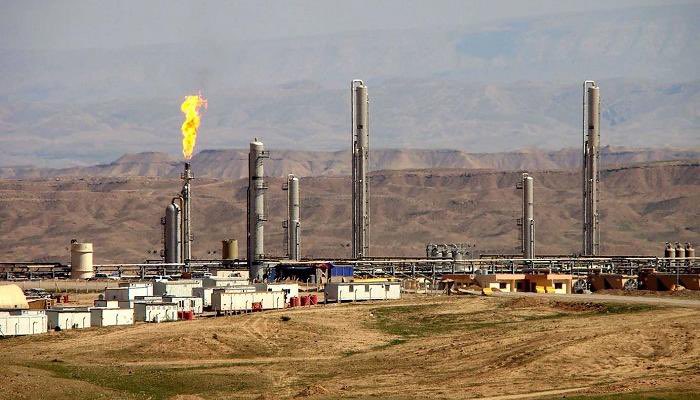
Finally, both @ACLEDINFO & @CrisisGroup report that the number of violent incidents per month involving the #PKK terrorist organisation between 2016-2021 shows a clear increase across #Iraq 🇮🇶 (Northern Iraq/KRG), while decreasing in #Turkey 🇹🇷. 

9️⃣ For more information about this complex socio-demographic myriad of relations and the importance of energy, proxies and Turkey/Iran in the context of Iraq, please find my chapter for Palgrave Macmillan: amazon.com/Managing-Secur… 







🔟Additional note:
Iraq began importing gas from Iran in June 2017 to fuel electric power plants near Baghdad, including Al-Besmaya, Al-Quds, Al-Mansuriyah, and Al-Sadr stations. French giant 🇫🇷 Total signed a 27 billion deal for Iraq gas (incl. processing and solar).
[END]


Iraq began importing gas from Iran in June 2017 to fuel electric power plants near Baghdad, including Al-Besmaya, Al-Quds, Al-Mansuriyah, and Al-Sadr stations. French giant 🇫🇷 Total signed a 27 billion deal for Iraq gas (incl. processing and solar).
[END]



• • •
Missing some Tweet in this thread? You can try to
force a refresh





